Is Europe course-correcting after taking a hard-right turn?
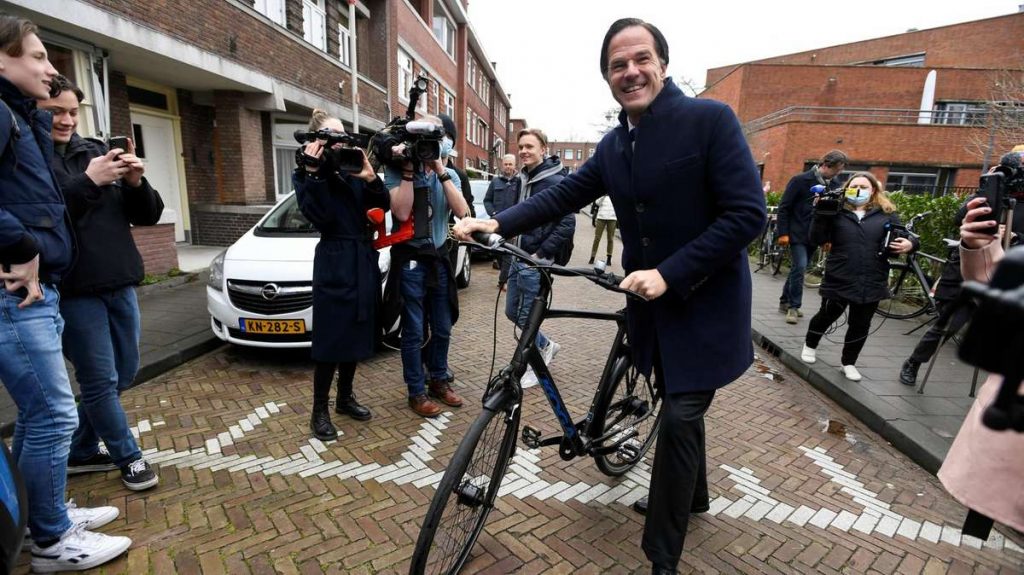
Dutch prime minister Mark Rutte
Now that the Netherlands’ election results have been finalised and officially published, chances are much of the world will lose interest in what happens next. After all, the incumbent won a fourth term after a dull campaign in the midst of the coronavirus pandemic and the process of forming a coalition government in the Netherlands is long and protracted. Is there any reason to pay further attention to Dutch politics?
As a matter of fact, yes. The Dutch election is reason to think a new political season may be coming in Europe. It holds the promise of a springtime of hope and not just because of who won. Prime Minister Mark Rutte’s success indicates voters’ preference for stability and the political middle over the bromides and wild-eyed promises of the far right.
But it is the surprise runner-up — the socially liberal, pro-EU D66 party — that tells a further good news story. In becoming the second-largest party in the Dutch Parliament, D66 will displace Geert Wilders’ Eurosceptic, anti-Islam, anti-migrant Party for Freedom.
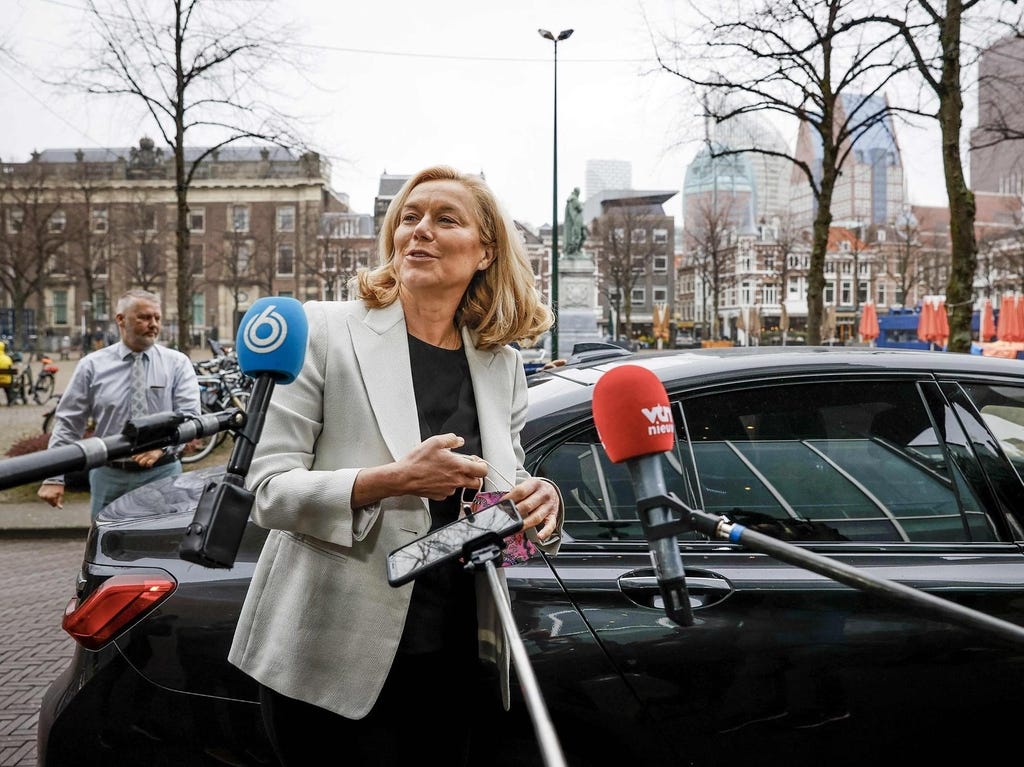
D66 is led by Sigrid Kaag, a former UN diplomat who is married to a Palestinian and is fluent in Arabic. At a time of waning support for hyphenated identities, Ms Kaag conspicuously and deliberately spoke out in favour of “cosmopolitanism”. This was considered courageous, a euphemism for political suicide, because a broader worldview has of late been attacked as unpatriotic, even by centre-right politicians in other European countries. Not too long ago, former British prime minister Theresa May declared “if you believe you are a citizen of the world, you are a citizen of nowhere”.
That Ms Kaag was able to lead her party to its best electoral showing since 1994 lends credence to her ecstatic post-election diagnosis that “Dutch people are not extreme, they are moderate”.
So, is the Netherlands really an early sign of the revival of liberal political strands in Europe? And if so, what might that mean for the European bloc as a whole and for liberal internationalism more generally?
Look east over the Dutch border to Germany. Two states that together account for around one-fifth of Germany’s population, went to the polls on March 14, three days before the Netherlands. As with Mr Rutte, the results were heartening for the incumbent leaders of Baden-Wurttemberg and Rhineland-Palatinate.
In Baden-Wurttemberg, an industrial powerhouse that is home to auto giants Mercedes-Benz and Porsche, the Green party built on its track record of success. Winfried Kretschmann, its septuagenarian leader, the only Green party politician to serve as a state premier in Germany, was comfortably re-elected on the strength of his moderate policies. His victory is thought to be a signal that a Green coalition government could become a reality at the federal level in late September, when Germany holds its national election.
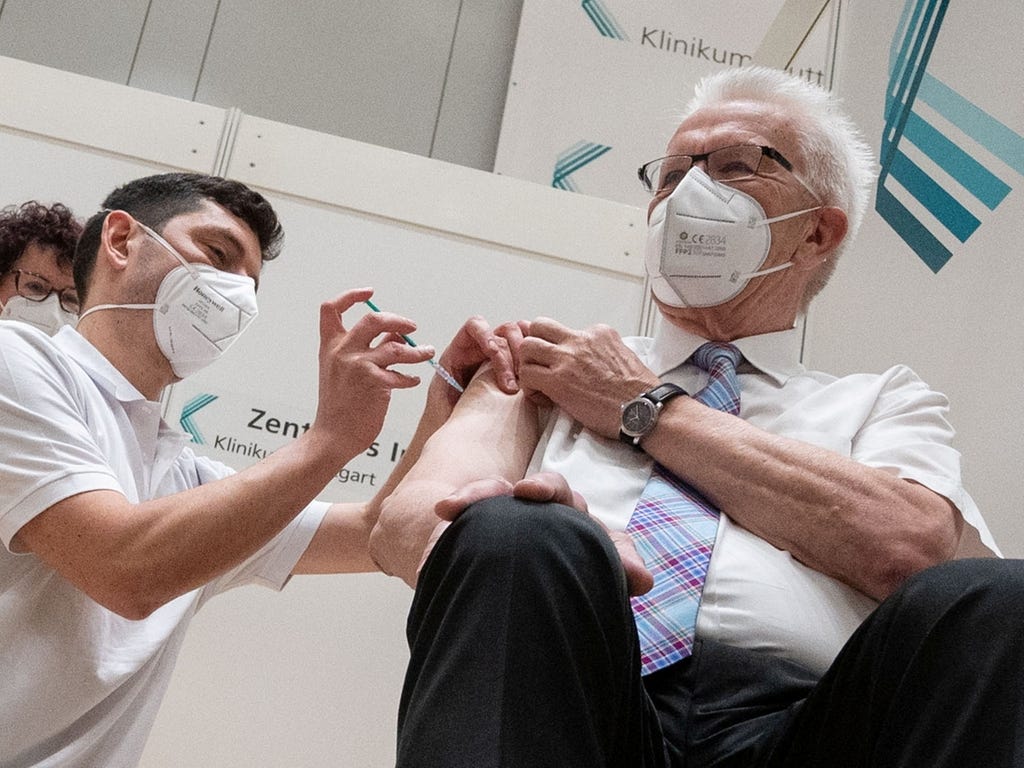
In Rhineland-Palatinate, Malu Dreyer, the centre-left Social Democratic incumbent premier, won re-election. The first woman to hold the office of premier in this state, Ms Dreyer’s coalition government of Greens and middle-of-the-road Free Democrats is also being talked of as yet another, if somewhat distant possibility at the federal level.
Three points emerge from these state elections, which kick off something that Germans call “superwahljahr” or “super election year” with multiple state polls and a federal election.
First, the Green party is doing exceedingly well, which reflects widespread voter concerns about climate change. The expectation is that the Greens are almost certain to be part of a future coalition government in Berlin.
Second, the far-right Alternative for Germany party, much hyped in its eight-year life, lost some support in both states. And a third, related conclusion may be drawn. Voters favoured democratic stability and progressive social policies over right-wing conspiracy theories.
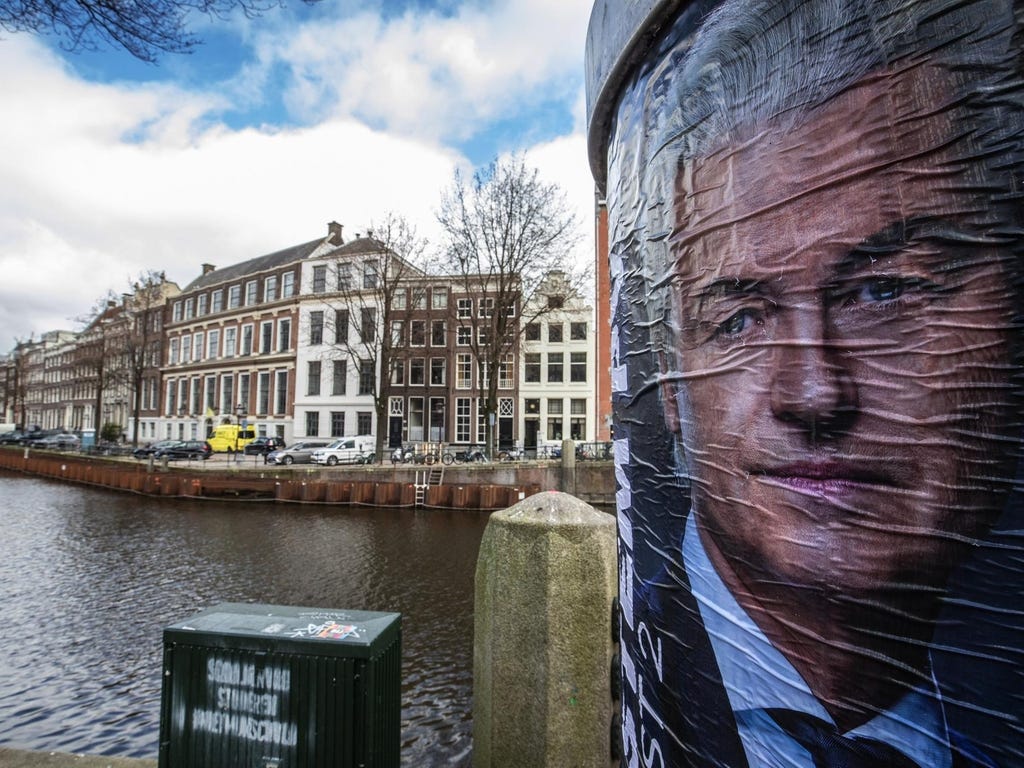

There is good news for Europe’s struggle against blood-and-soil politics
Most of these trends were evident in the Netherlands as well, except that the Dutch far right grew a bit overall, even as it splintered into more parties.
The implications for the EU and further afield are significant. Environmentalism is firmly on the winning political agenda in Germany, the bloc’s largest economy, as well as in the Netherlands, which is vying to become post-Brexit Europe’s share-trading hub. Except for the populist right, every Dutch party campaigned on strong climate friendly policies. And it has to be a boon that the ascendance of pro-European voices such as D66, the German Greens and the Social Democratic Party of Germany comes at the expense of the Europe-bashing far right.
In the Netherlands, there was a further reason to celebrate the goal of an ever closer European union. The pan-European Volt party — founded in 2017 as a reaction to Brexit and populism — won three seats and will enter the Dutch Parliament for the first time.
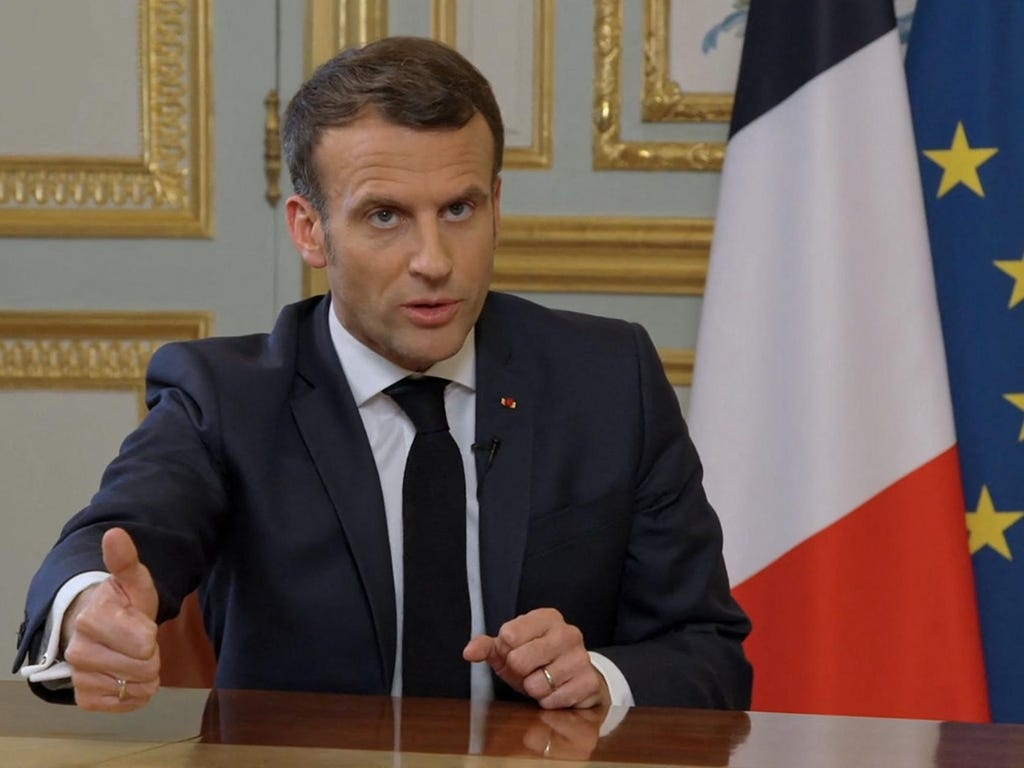
All of this is good news for Europe’s struggle against blood-and-soil politics. But then there is Sweden. The anti-immigrant Sweden Democrats are negotiating with opposition parties to jointly challenge Prime Minister Stefan Lofven’s Social Democrats in next year’s election. Though the far-right Sweden Democrats are the third-largest party in Parliament, they were uniformly reviled until recently by all the other parties. But now, the political dynamic appears to be changing, and in a quite radical way for a country that has long prided itself on a unique brand identity — the humanitarian superpower.
In France, too, President Emmanuel Macron has made obvious if occasional lurches to the right as he battles a surge in support for the far-right leader Marine Le Pen ahead of next year’s election. Mr Macron has paired a promised clampdown on “Islamist separatism” with criticism of multiculturalism and tough rhetoric on illegal immigration.
Clearly, a Dutch national election and two German state polls cannot and do not signify a continent-wide liberal wave. But they might indicate the direction of travel, down a greener path that recognises the virtue of sharing the journey.
Rashmee Roshan Lall is a columnist for The National
Originally published at https://www.thenationalnews.com

